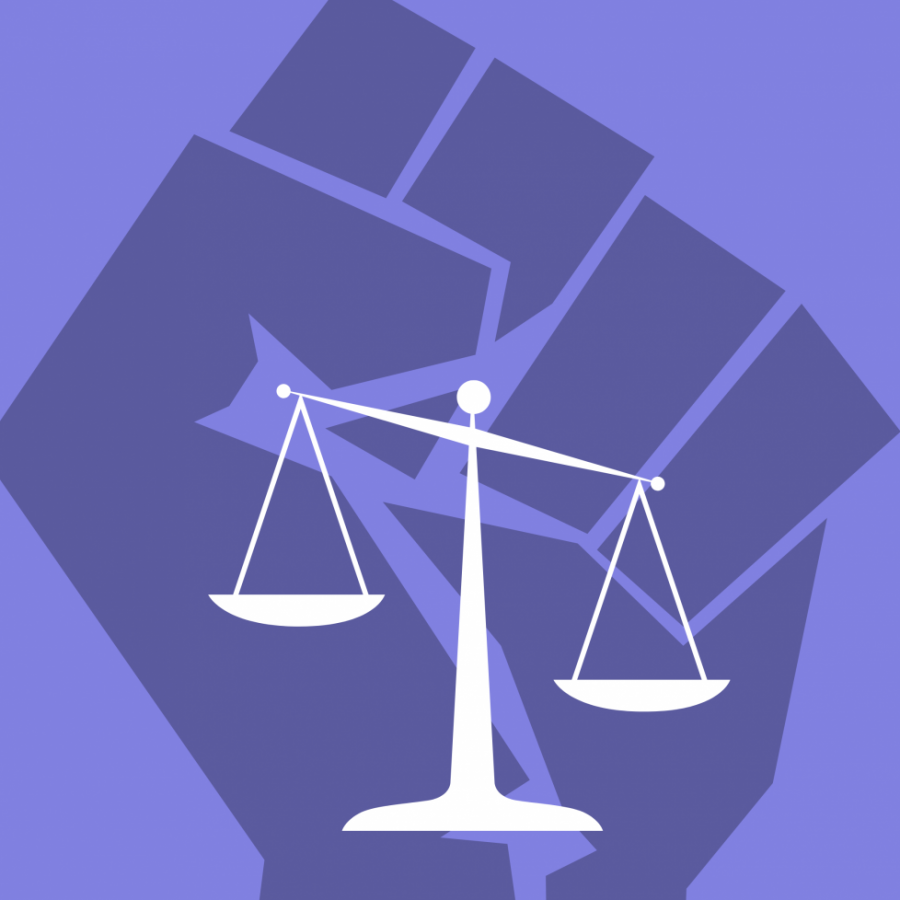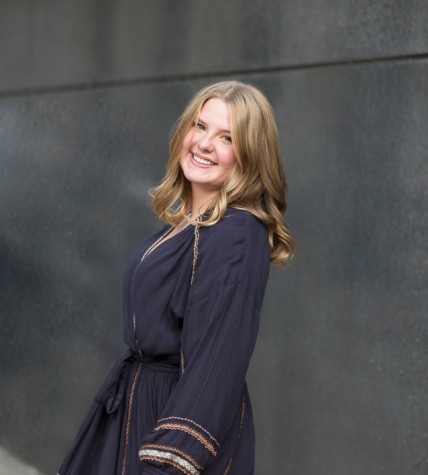The world stopped in May 2020 when bystander footage was released of George Floyd struggling to breathe. Officer Derek Chauvin kneeled on his neck until he was unconscious and eventually died.
This incited motivation in many to take to the streets to protest what they believed to be a systemically racist police system. This unrest exists not only in Minneapolis, where this event happened, but all across the country.
Chauvin was charged with both murder and manslaughter. The long awaited trial started on March 29 and lasted three weeks. All eyes were on this televised trial, as emotions were heightened after another Black man, Daunte Wright, was shot and killed by a Minnesota police officer on April 11.
For those awaiting the verdict, this decision was expected to make waves in not only the Black Lives Matter movement, but the current culture and standing of American society. Prior to this conviction, a vast majority believed it should be an easy trial as there was clear footage of exactly what happened. Although the support for this belief was high, there were many attempting to blur the lines and transfer blame onto the victim himself.
Sophia Lindquist hoped this case would be a turning point in the fight against systemic racism. “I believe that if Derek Chauvin was not convicted this would have been an extreme setback for the BLM movement,” she stated. “The decision necessary was just so obvious that not convicting him would have added to the idea that our country is broken beyond repair.”
In order to have a fair trial, the jurors would have needed to act without personal bias. As a result of the high possibility of jurors having preconceived notions regarding the trial, the stakes were very high. Before the trial took place, FLoyd’s lawyer explained his perspective. “This will be a referendum on whether police are held accountable for killing black people in America.”
The trial took place in Minneapolis, and as a result of this high-pressure location, many found discontent in this decision. The fear regarding the community backlash if a conviction was not made was very evident, providing further fuel to this high-stake event. Since the city of Minneapolis reached a multi-million dollar settlement with Floyd’s family, many were taking that as an admission of guilt and were willing to retaliate if the criminal court did not follow.
Even though the proper verdict was clearly to convict Chauvin, the jurors should not have been made to feel any pressure or influence towards their decision-making process.
Junior Jayne Abraham has been determined to remain educated and up-to-date regarding this movement and the Chauvin trial, and before the final verdict eased her concerns, she reflected on her predictions if the decision had gone south. “I think we would have seen widespread protests, and that would have been an absolutely warranted response,” she explained.
Morally and politically this seemed like an open-shut case, but there was a lot of added nuance when it came to the specific charges against Chauvin. The language was very specific when differentiating between the different counts of murder and mansluaghter he was charged with, and it was imperative that the jurors followed through with the just conviction.
When Chauvin was first charged with third degree murder in the summer there was an uproar in the public. The masses were insisting that he be charged with second degree, and eventually this charge was added to the already present manslaughter charge.
When awaiting the final verdict of the trial, many people feared the justice system failing Floyd and the BLM movement. For a conviction to be made in a criminal court, every aspect of the case has to be very clear. As a result of the multitude of perspectives and the opposing viewpoint regarding this event, those seeking justice feared the jury would be swayed or the magnitude of this movement would be downplayed.
While the obvious answer was that Chauvin should be punished to the full extent of the law, any conviction alone held the highest importance in this situation. The hope was for Chauvin to be convicted of at least manslaughter in the second degree in order for Floyd to receive the justice he deserved. The resulting conviction was unintentional second degree murder, third degree murder and second-degree manslaughter.
This conviction was of great significance for the BLM movement, and although it is evident that more work is necessary, a conviction of any sort satisfies some of the justice Floyd deserved. This is a step in the right direction for the fight against systemic racism.
This conviction was extremely important as it portrayed a necessary statement – This country will no longer stand for blatant racism from police, and the lives of Black Americans will be fought for and valued.
Abraham explained this case in relation to the BLM movement as a whole, and her perspective exemplifies the importance of action. “George Floyd’s murder was not an isolated incident,” she declared. “The fight against police brutality and systemic racism is not just about the outcome of this case, but it is about the needed change that this case helped to insight.”
Hopefully, in the future the United States will see more of these cops convicted to the full extent of the law, but progress is progress. In the past, these cops would continue on without repercussions. This monumental decision is setting a precedent for the future, and inspiring further action in the fight against systemic racism in America.









